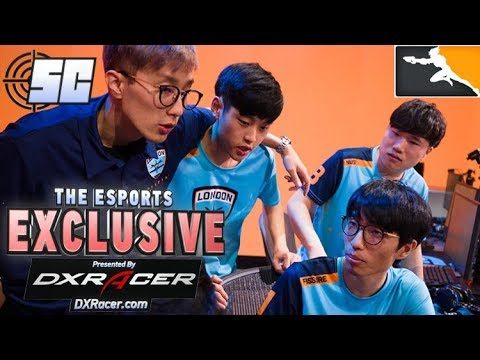Starcraft Heroes – Jim Raynor
Jim Raynor was born on Mar Sara and raised by his grandfather, who taught him much about hunting and shooting. As he grew older he fought in the unit ‘Heaven’s Devils’ against the Kel-Moria Combine, but was withdrawn for insubordination and met Tychus Findlay at Camp McIntyre, who would later serve him faithfully.
Planets Starcraft – Umoja
Of the four Terran supercarriers that carried many thousands of Terrans to the Koprulu sector, two had to make an emergency landing on the strange and wild planet of Umoja. One ship, the Sarengo, suffered critical system failures and was destroyed on impact.
Starcraft Units – Overlord
The semi-intelligent space-faring giants, known as the Gargantis Proximae, were introduced into the swarm so that their exceptionally well-developed senses would benefit Zerg warriors in battle. The Gargantis flyers have been so well assimilated by the swarm that the Cerebrates use them as a primary control over their forces.
Starcraft Missions – Evolution of the Hydralisk
Overnight, the apocalypse befalls the Terran colonies: 2 alien races invade the sector, seemingly destroying everything in their path. But the real reason is far more gigantic than first assumed.
Starcraft Buildings – Gateway
The Gateway is a unit production structure for the Protoss, responsible for warping in ground units. Gateways can be warped in by a Probe only within range of the Psionic Matrix, and only if the player controls a Nexus. Like most Protoss structures, the Gateway can only function if it remains within the Matrix, otherwise it becomes unpowered.
Follow us and check out our social media accounts on Twitter, Facebook & YouTube ►
● on Twitter ► esport.directory
● Facebook ► esport.directory
● Youtube ► esport.directory
Starcraft
Starcraft is a turn-based game. The active player receives the obligatory first player token, so it should always be clear whose turn is being played, and especially interesting: StarCraft does not require any dice at all.
To get started, you first have to agree on your faction, then gather all the necessary figures, cards and tokens of your faction (woe betide the game master who only starts sorting now!) and leave the table in the middle free, as this is where the galaxy, i.e. the playing field, is built.
This proceeds similarly to Twilight Imperium.
Each player draws two planet tokens, which they can use to pick their planets from the planet stack. This step is necessary because the planet cards are shaped differently and the tokens are the only way to ensure that the drawing is random.
The starting player then places his first planet in the center of the table and can already build a base – but he doesn’t have to, then he has to do it on his second planet as soon as he lays it out.
Once the first planet is in place, it is the next player’s turn to lay out his first planet and connect it to the previous player’s planet with a navigation route cardboard piece. The last player may lay out both planets at the same time and then it goes in reverse order to the starting player. This way a more or less interconnected galaxy is created.
Finally, Z-axes are laid, which are navigation routes across loose ends, sort of a 3D conversion.
Each player receives the corresponding resource cards for his two planets and then only the event cards are reduced according to the number of players, shuffled and placed on the board. There are three event card phases, which is symbolized by different card backs and should help the game to become faster and more powerful towards the end. Now the game can start.
Each round is divided into three phases.
Starcraft is a turn-based game. The active player gets the obligatory first player token, so it should always be clear whose turn is being played, and most interestingly, StarCraft doesn’t require any dice at all.
To get started, you first have to agree on your faction, then gather all the necessary figures, cards and tokens of your faction (woe betide the game master who only starts sorting now!) and leave the table in the middle free, as this is where the galaxy, i.e. the playing field, is built.
This proceeds similarly to Twilight Imperium.
Each player draws two planet tokens, which they can use to pick their planets from the planet stack. This step is necessary because the planet cards are shaped differently and the tokens are the only way to ensure that the drawing is random.
The starting player then places his first planet in the center of the table and can already build a base – but he doesn’t have to, then he has to do it on his second planet as soon as he lays it out.
Once the first planet is in place, it is the next player’s turn to lay out his first planet and connect it to the previous player’s planet with a navigation route cardboard piece. The last player may lay out both planets at the same time and then it goes in reverse order to the starting player. This way a more or less interconnected galaxy is created.
Finally, Z-axes are laid, which are navigation routes across loose ends, sort of a 3D conversion.
Starcraft Gameplay, Starcraft Rankings, Starcraft Release Date, Starcraft Carrier, ‚ Starcraft Cover, Starcraft Skins, Starcraft Videos, Starcraft Video YouTube, Starcraft PS4, Starcraft Platforms, Starcraft Players, Starcraft Team,




